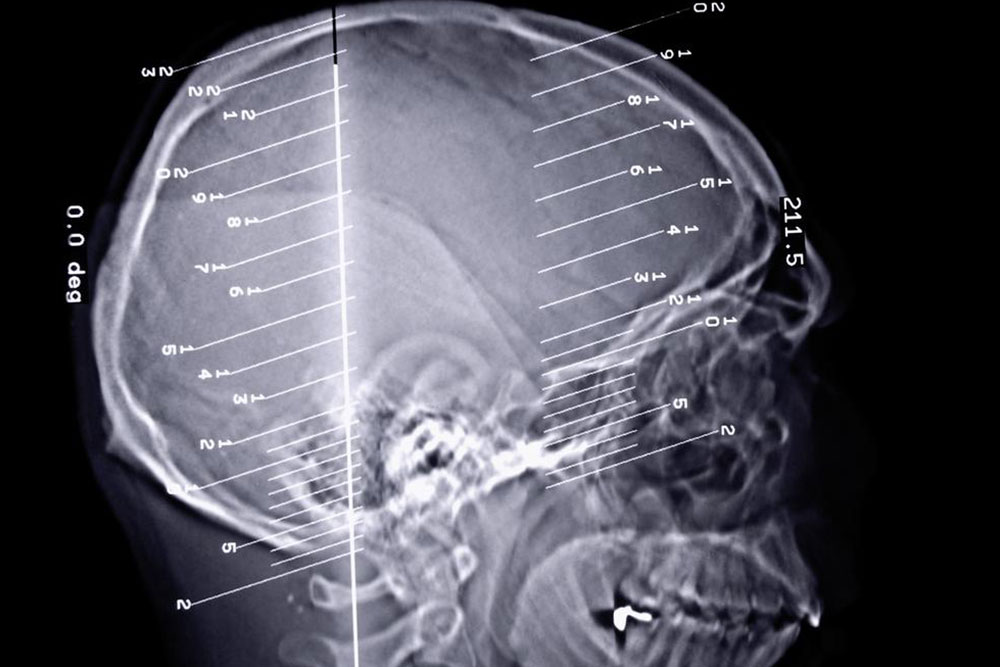Reducing Health Risks with a Low-Carb Nutrition Plan
Explore how a low-carb diet can lower the risk of various health issues such as diabetes, high blood pressure, and heart disease. Learn the benefits of reducing carbohydrate intake for balanced blood sugar, better heart health, enhanced muscle mass, and brain health improvements. This guide provides insights into using low-carb nutrition for disease prevention and overall wellness enhancement.

Lowering Health Risks Through a Low-Carbohydrate Diet
A low-carb eating approach benefits not only athletes but also everyday individuals seeking to improve their health. Excessive intake of refined carbs can pose long-term health challenges. Eliminating these unhealthy carbohydrates can significantly enhance overall well-being. Discover how adopting a low-carb diet can mitigate various health issues and support vital bodily functions.
Type 2 Diabetes Management: Carbohydrates convert into glucose, raising blood sugar levels. A low-carb diet helps reduce blood glucose and insulin levels, often reversing insulin resistance and type 2 diabetes.
Lowering carbohydrate intake can help regulate insulin resistance, potentially eliminating the need for medication and reversing diabetes.
Lowering Blood Pressure: High blood pressure increases the risk of heart disease, strokes, and kidney failure. Adopting a low-carb diet can effectively lower blood pressure and related health risks.
Addressing Metabolic Syndrome: This condition, characterized by high blood pressure, triglycerides, and abdominal obesity, can be managed through a low-carb diet. Correcting these issues reduces the likelihood of developing heart disease and diabetes over time.
Untreated metabolic syndrome can lead to serious health complications. Hence, reducing carbs can be a proactive measure against such conditions.
Supporting Brain Health: Surprisingly, a low-carb diet, known as the ketogenic diet, can help manage brain disorders like epilepsy. It encourages the brain to burn ketones instead of glucose, reducing seizure activity and aiding in treatment-resistant epilepsy. Ongoing research explores benefits for Parkinson's and Alzheimer's patients.
Preventing Muscle Loss: Incorporating low-carb foods can promote muscle growth by increasing levels of leucine, an amino acid vital for muscle synthesis. This dietary change can combat muscle wasting and support strength gains.
Protecting Heart Health: Low-carb diets lower triglycerides and elevate HDL cholesterol, both favorable for heart health. They also assist in managing blood sugar, inflammation, and obesity, further reducing cardiovascular risks.
Note:
Our blog shares diverse, practical health insights backed by research. However, these articles are informational and not substitutes for professional medical advice. The team cannot be responsible for inaccuracies or updates elsewhere. Always consult healthcare providers before making significant dietary changes or treatments.










